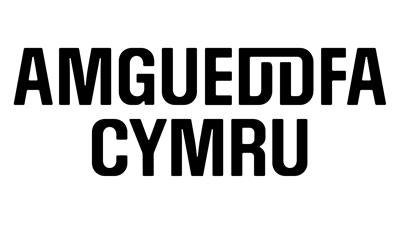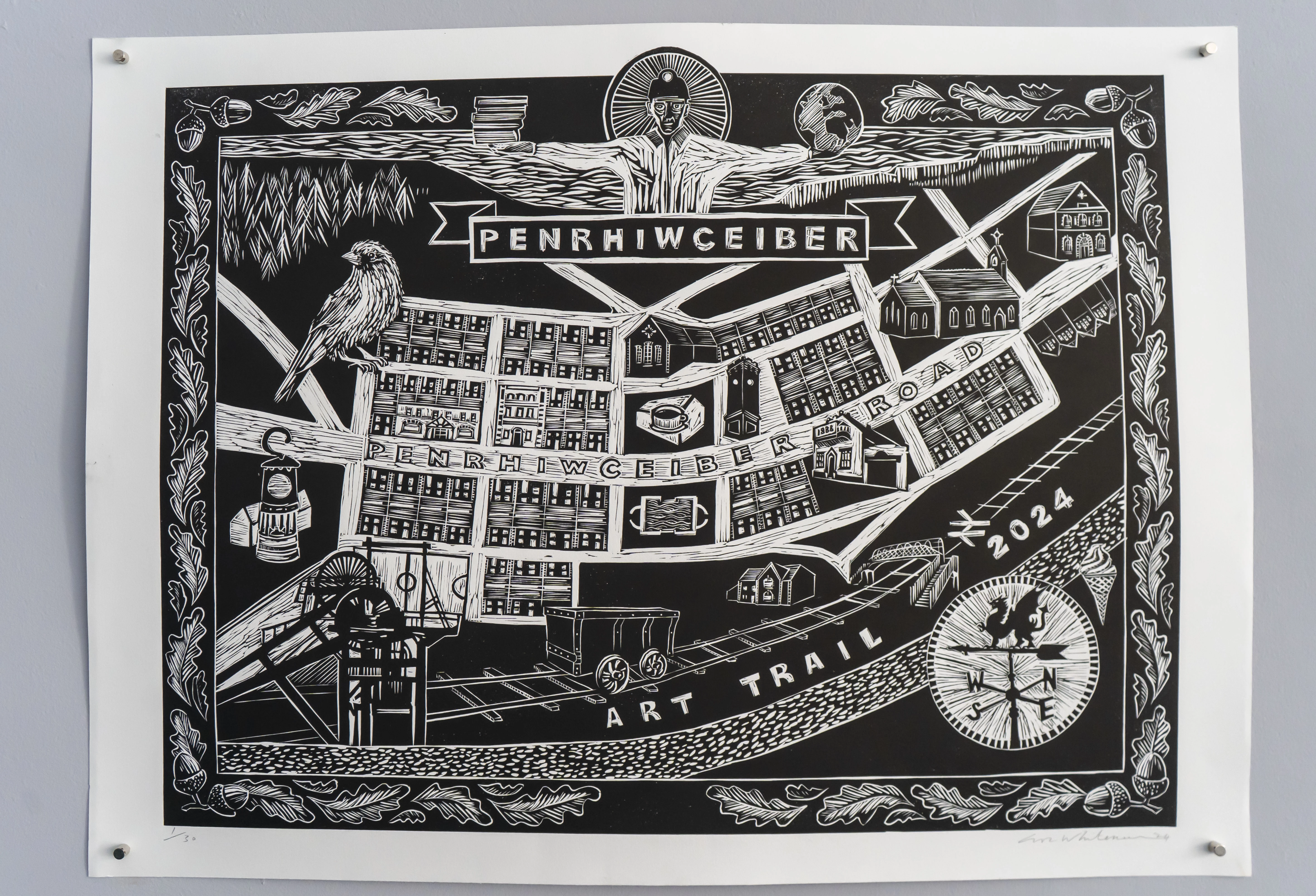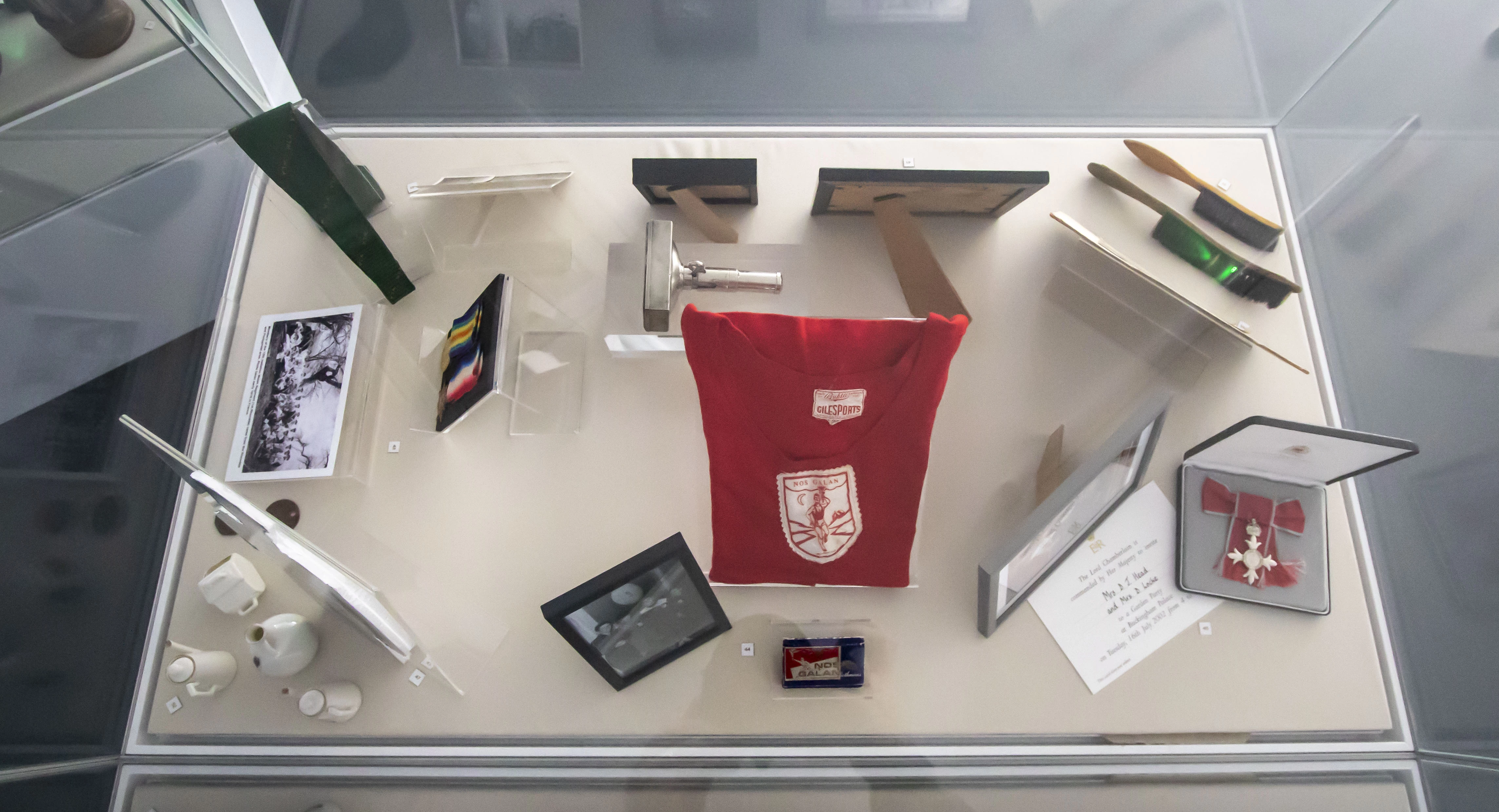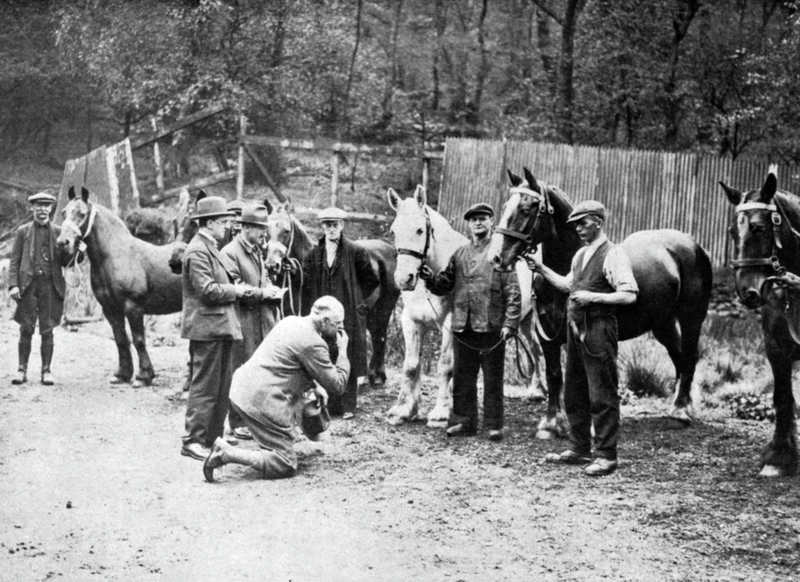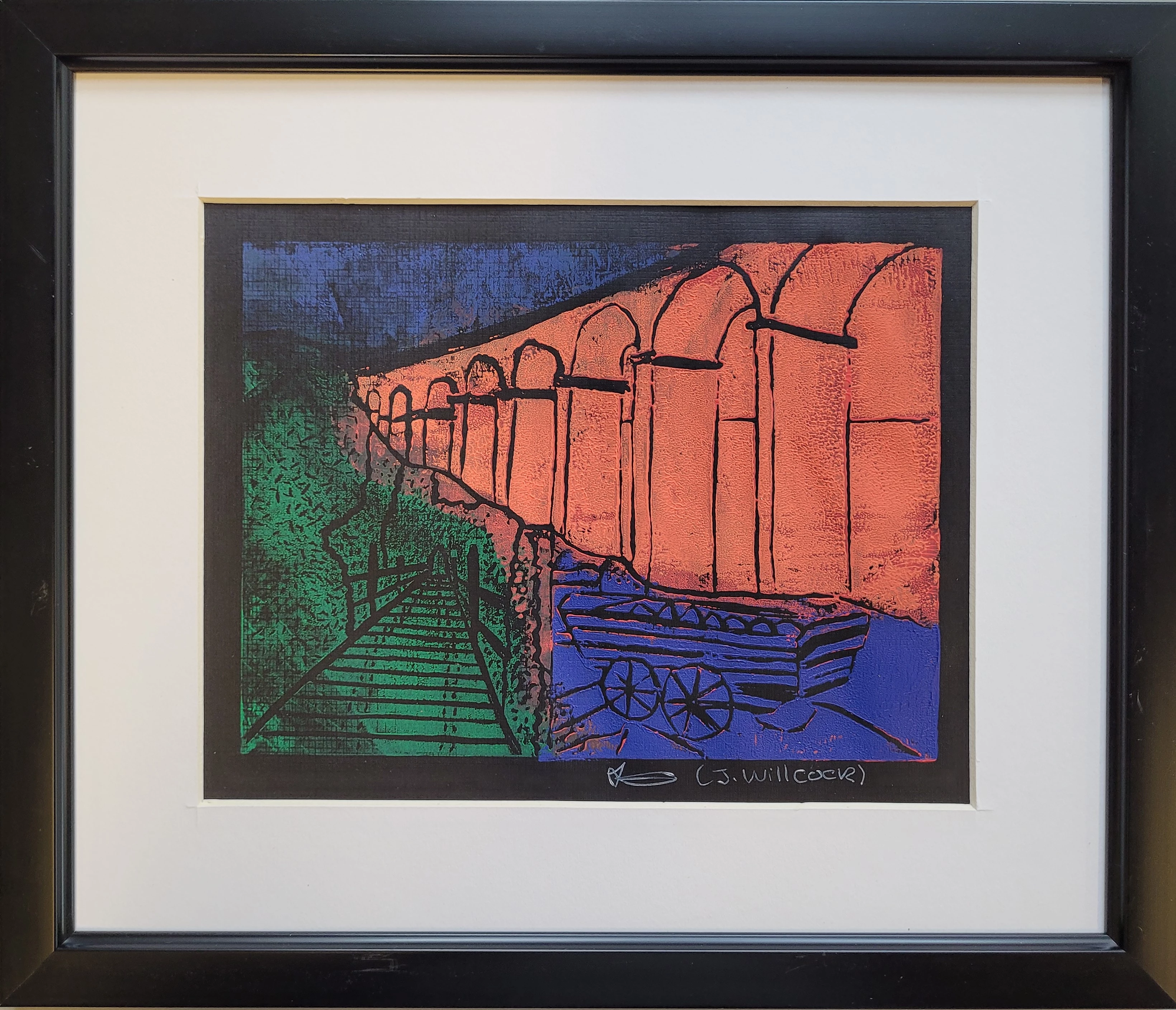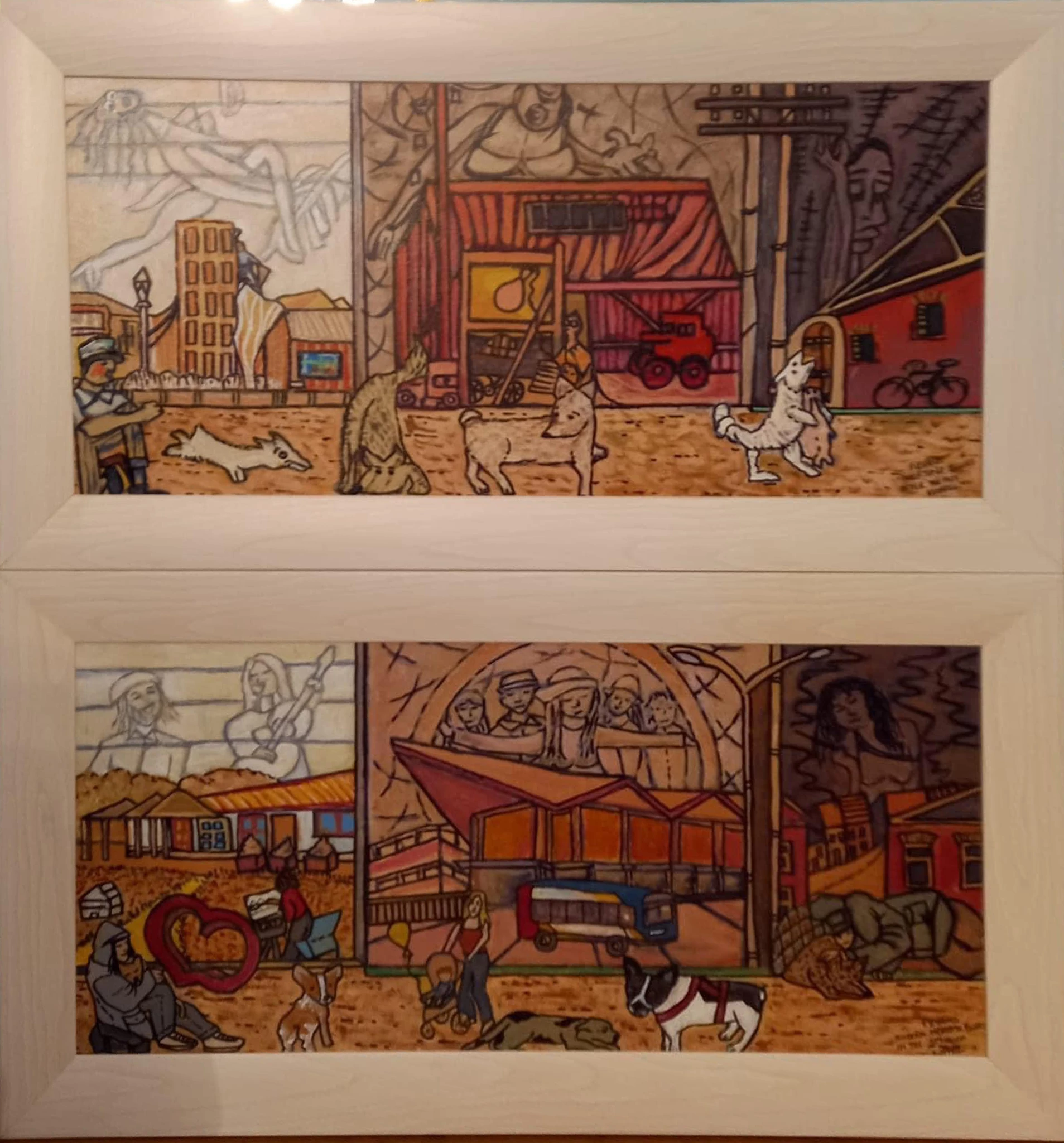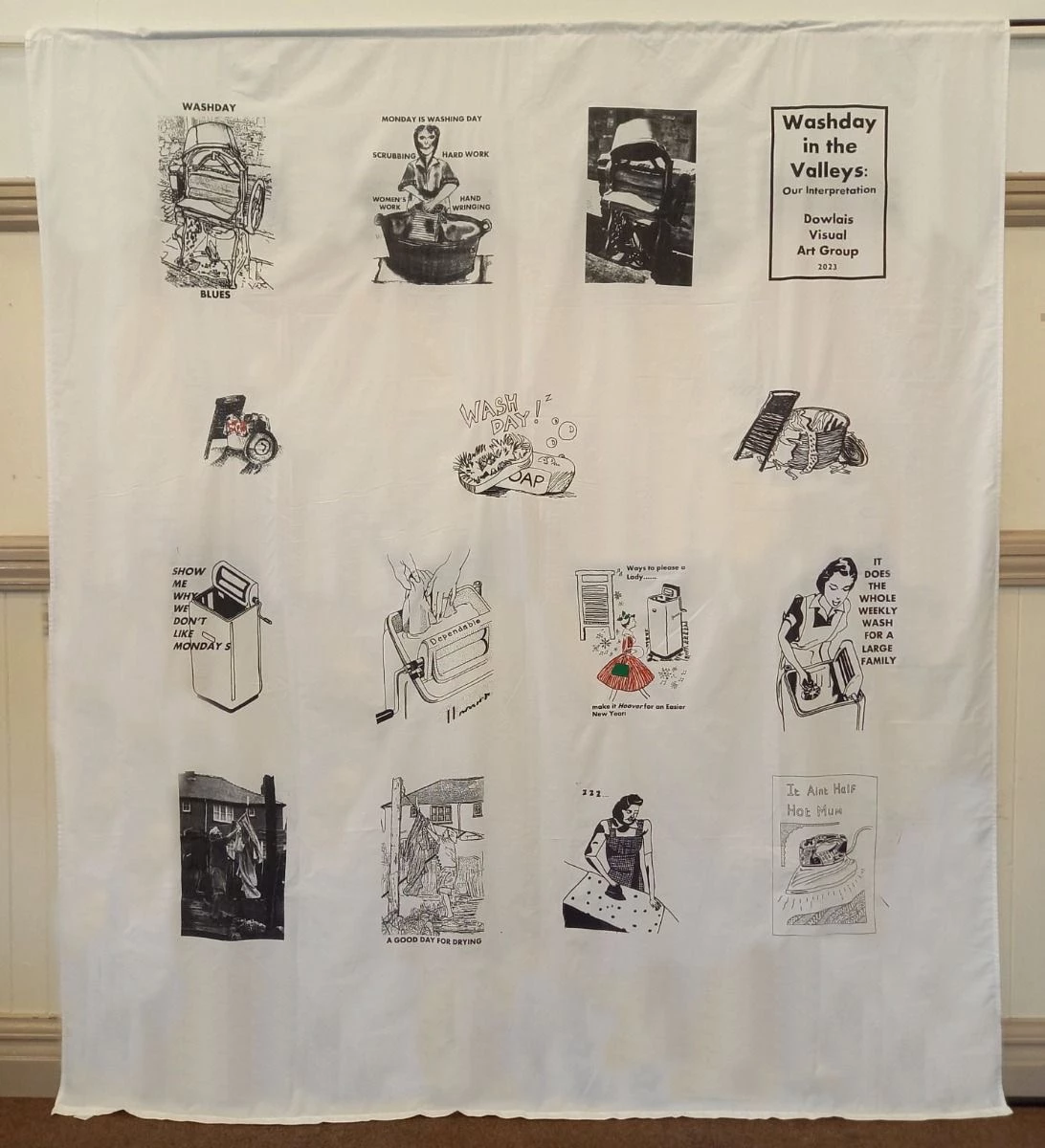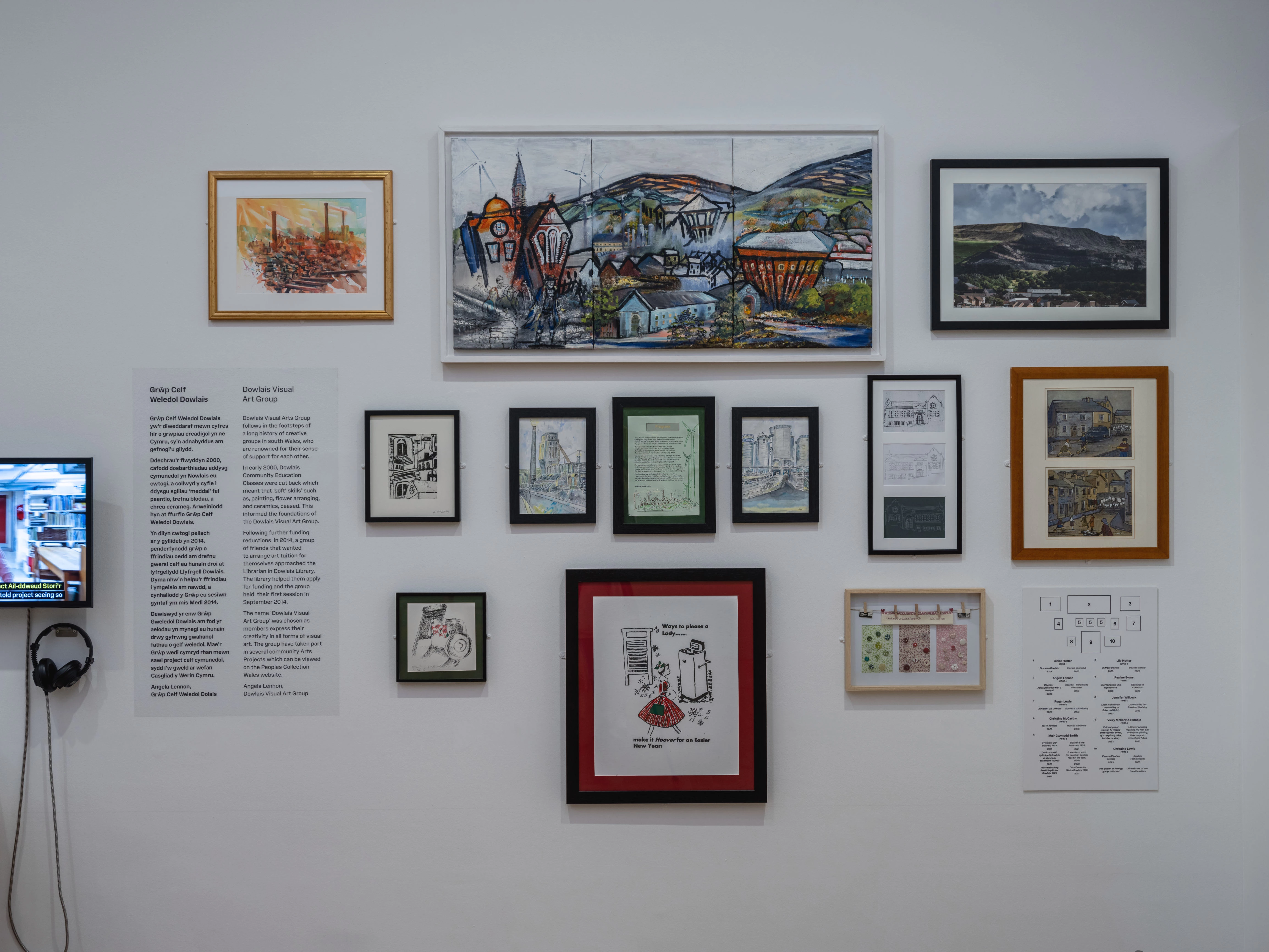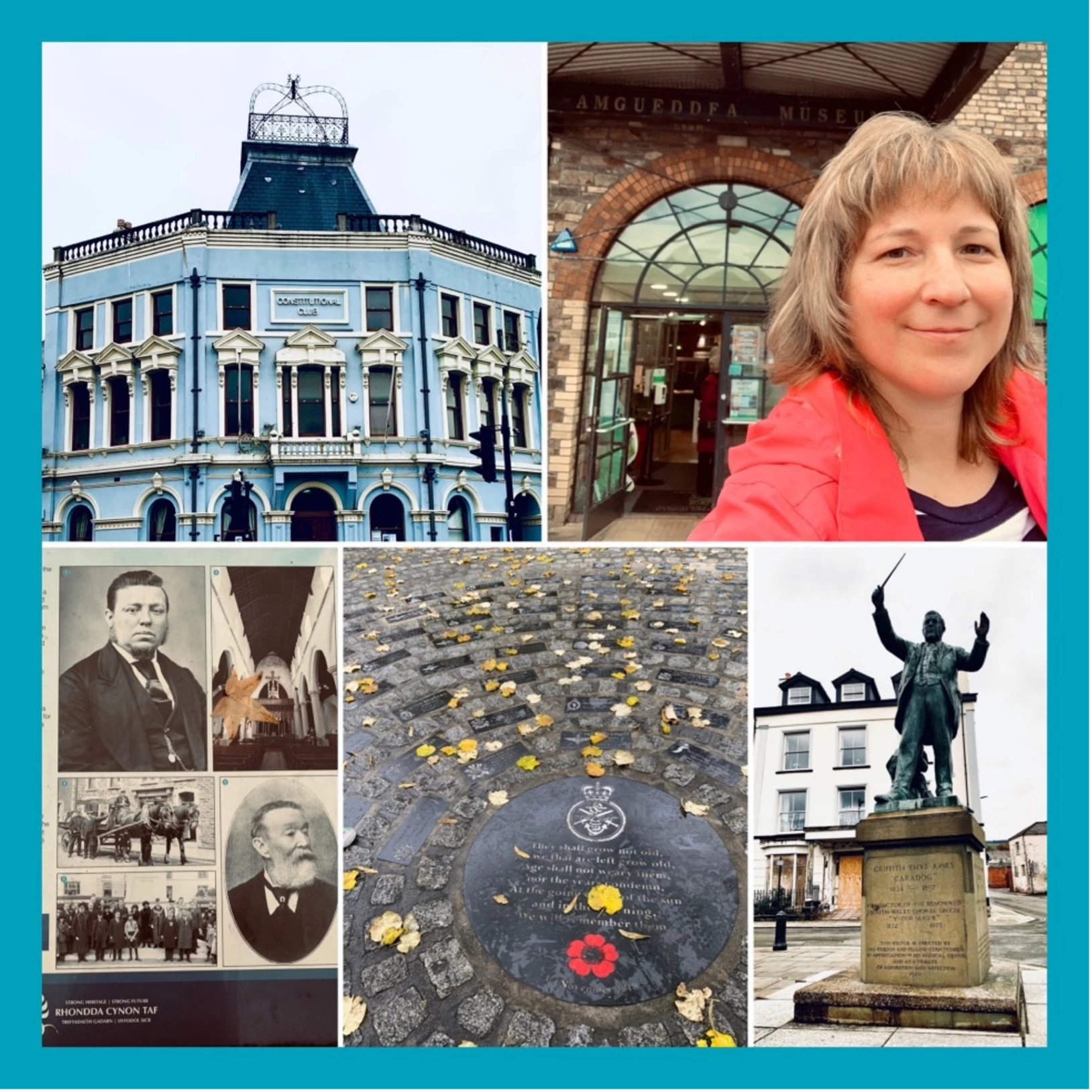Diane: We’re at Zio’s Gelato House, and we’re talking to Tino, who’s going to give us his memories of Penrhiwceiber, and hopefully to tell us how they came to be situated at Penrhiwceiber.
Tino: Right, well the answer to that, I go way back to my grandfather, who actually opened what was known, and is still known as a Bracchi. Which is a café, temperance bar if you like. He came to Penrhiwceiber and opened it up in 1926, the year of the general strike by the way. Came over with his wife, his sons weren’t with him at the time, they eventually came from Italy, because that’s where they were originally from. His two sons came over, he had a daughter as well but she remained in Italy. Joe and Frank, they came over, partially educated over here. They barely spoke any English when they came over but obviously they adapted quite quickly with the language. Worked the business, worked outside the business. They were both naturalised subjects in the thirties, they donned the khaki during the Second World War. They were both at Normandy in 1944 as well. After the war obviously they were demobbed, they stayed into the business and my father even at some point did various other jobs. He worked for a local coal merchant, he drove buses for Red and White – I’ve still got his buses tab at home. They did a number of different retailing trades, but eventually as an offshoot in one of their businesses they were wholesaling things like soft drinks, and at some point they were doing a little bit of retailing in toys and fancy goods. Initially my uncle, my father’s younger brother came to Barry first because they purchased a business here on Barry Island. And then eventually my father obviously with his wife and children followed, on St David’s Day in 1967. And that’s when we came to Barry because my father purchased another business down here on the island. Even though, before that, they were commuting back and forth from Penrhiwceiber to Barry Island. Eventually it just got a little difficult, too much because they were commuting even before they built the A470. So they were taking the scenic route to come to Barry, so it was obviously taking longer to come and go. And so eventually we sold up, up sticks and came to Barry. And we’ve been here ever since. Yeah, that’s right.
Diane: So how old were you when you left Penrhiwceiber?
Tino: I was approximately around about nine. We had a house very close to the church and the school that was adjacent, it was only two streets away, so we went there. And then as far as myself and my brother and my sisters, we just went to the local junior school and then followed on to the comprehensive school.
Karen: Why did they pick Wales?
John: And Penrhiwceiber!
Karen: But why Wales?
Tino: It was initially down to the Bracchis who were the pioneers if you like. They came over and then they started employing people from their region in northern Italy. And then others started to follow on and started opening up independent shops. Others came over and just managed to get different types of jobs. They weren’t always in retailing.
Karen: So were there more in Wales than in England?
Tino: Each area of England, even Scotland have got strong Italian communities. There’s a very strong community in Bedford because of the brickworks. But they came from a different part of Italy. It’s the same, say for example in Glasgow, big community in Glasgow, but they come from a different part of Italy. So when they go back, or their generations go back, just as we go back to our little town in northern Italy, that they call it Bardi, which is known as Little Wales. It’s like Trecco Bay in August! Honest it literally is dominated by the Welsh with their Welsh accents. You’d think you were in Trecco down here for that matter. And yes this is what happens, so people were coming over from Italy. Some of them even walked, yeah they walked over. And of course they set themselves up in the Valleys, Swansea, some went to west Wales and elsewhere. So this is where we are. I mean there aren’t many of them in this type of trade now because future generations didn’t really want to be behind the shop counter. So the offspring just went into different occupations. I know two or three of them became headmasters, others became solicitors, I’m sure there are doctors as well, you know. And others motor dealers and what have you. But there are not that many of us left. It’s just the way it is. But yes we’re still alive and kicking. You know I’m hoping that we can hand this over to the next generation, which looks as if they will take it over.
Karen: Oh that’s good, it’s nice to keep it in the family.
Tino: Yeah.
Christine: How did you start making your own ice cream then?
Tino: Myself? My grandfather, like the picture you produced for us, he used to make it. Probably in the late twenties early thirties, and he made it the old fashioned way with ice, with a wooden cask and ice. And he went around in the summer with an ice cream cart with his name on the side. My father when he was a boy used to push it around as well you know through the streets of Penrhiwceiber. And we just progressed from there. He used to make his own crisps as well! He used to put the little blue salt sacks in them, made our own squash. Like I say we delved into other things, we ran a fish and chip shop as well, did a little bit of wholesaling if you like.
Rose: So what are your memories of Penrhiwceiber? Did you find us very much to be as a community?
Tino: Yes. Very much so and I’m glad to say it’s still alive and kicking! Long may it continue, long may it continue. Yes I was young when I left but I still have strong memories. That swimming pool in the park – myself and Marco always swam in that, I can remember that like yesterday. Walking down to the low level, to the tracks there, standing on the bridge, with the steam trains coming through, walking over to the other side past the canal and up to the mountains there. Just you know being amongst all the flora and fauna. Yes I probably covered, even at my young age, a fair proportion of Penrhiwceiber by foot. You know going beyond where I should really have gone beyond because of my age. But I did go to school in Penrhiwceiber as well initially. I was there with Marco until we went to the Catholic school in Mountain Ash.
John: Zio, is that your full name, Zio, or is it shortened?
Tino: No the term Zio means uncle in Italian. Now when we opened this establishment the nephews and nieces wanted to find something appropriate. One of Marco’s daughter-in-laws came up with the name Zio, we’ll name it after you – we’ll call it Zio’s, the uncle, because I’m uncle to them all. So it just stuck.
John: So what is your name?
Tino: My name is Tino, it’s short for Celestino.
John: Oh Tino, as in Tino Coles. Right but Zio’s is uncle. I was thinking too, if you were Zio Zeraschi you’d be ZZ! You’d be last in the book!
Tino: Well I’m almost always last in any case you know with the Z! Like I say, we came down here on the 1st of March ’67. It was handy just being near the beach as well. I spend most of my time on the beach during the summer. I occasionally go back up to Penrhiwceiber because we still have people up there as you know. We had Mario, Katya, Ray, Rosina. And so we would call up there to see them. Sadly they’re no longer with us. But the daughters, I know they no longer live up there, but they’re very happy, they’re both married.
Karen: I think the one have just got married haven’t they?
Tino: That’s Fabrizia, yes. She got married a year last September I think it was, about eighteen months ago. So I occasionally see them – one lives in Radyr, the other lives in Canton in Cardiff. They do occasionally come down. They do keep in touch.
Christine: You know Pino’s in Miskin, Mountain Ash? Pino’s café?
Tino: I know of it, I think Marco knows it.
Christine: Are they relatives?
Tino: No.
Christine: Not relatives of yours.
Tino: The other ones I knew up in Aberdare was the Rossis yes. But they’re out of the game, they’re retired now as well. But I occasionally see them. The one I see quite regularly down here is the Sidolis. Or as some pronounce it ‘Sid-ohli’.
Christine: Sidoli, yes.
Tino: From Merthyr. But the son, he comes here regularly with his daughters, that’s Robert Sidoli, the former lock forward for Wales. He lives in Barry.
Christine: So that’s how you say it is it? Sidoli not ‘Sid-ohli’?
Tino: Yes Sidoli.
Christine: Well we didn’t know what Bracchi means, it means café does it?
Tino: Well now the Bracchi was a surname, a family surname. My understanding is that they were the first ones to come over. How they came here and why they came here I don’t know. But they did, they arrived here.
Christine: It’s nice to come here, and know all these things.
Diane: Can I thank you ever so much, not only for your time today, but for your hospitality. It’s been absolutely wonderful.
Tino: I know where my roots are.
Joanne: And we know where the nice ice creams are as well!
Tino: I don’t forget my roots.
Diane: Thank you ever so much.
Tino: Thank you for coming.
